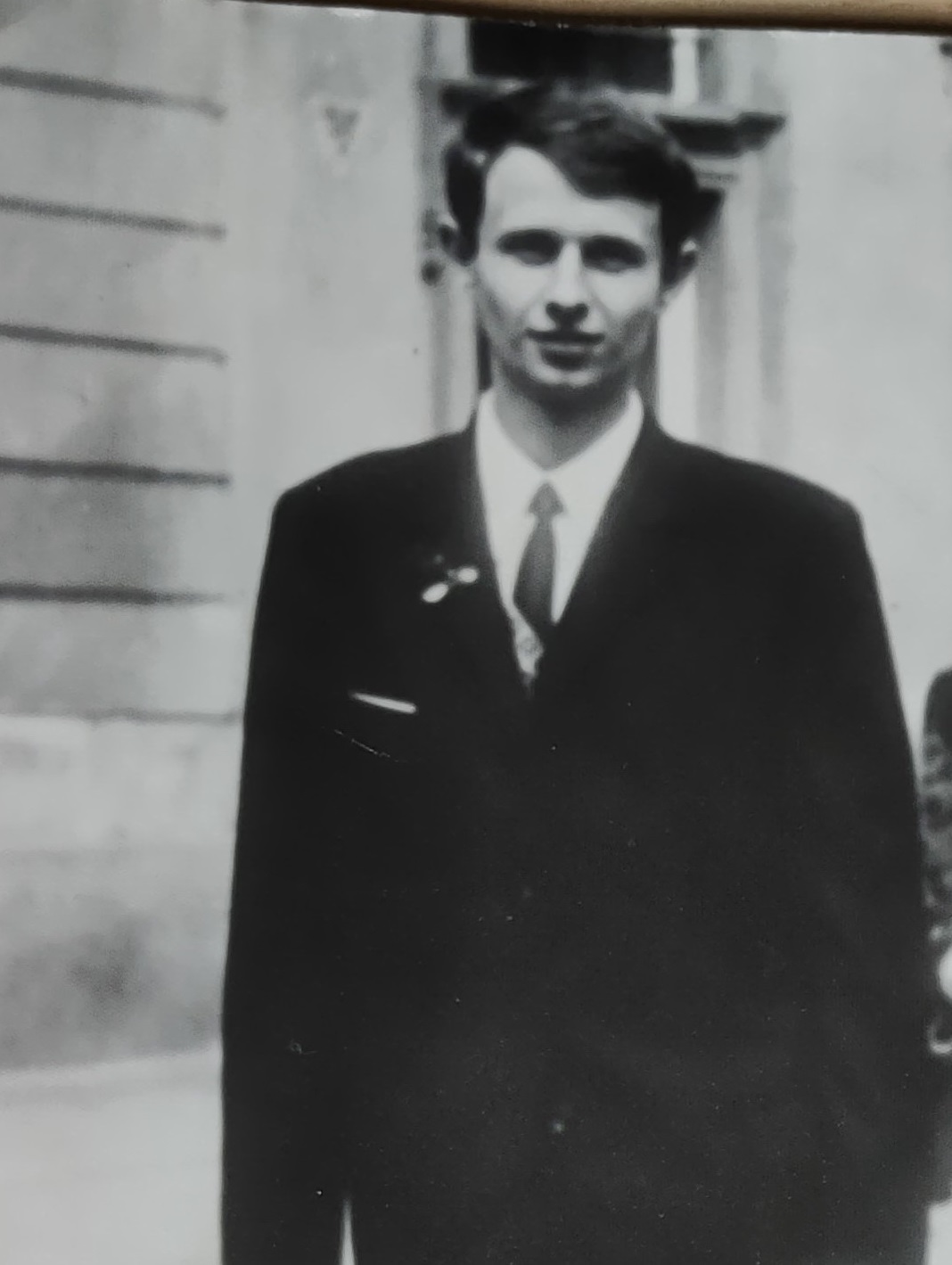When the Northern Lights illuminate the Velvet Revolution

Stáhnout obrázek
Zdeněk Nachlinger was born on 24 November 1945 in Úvaly near Prague. His father was a gardener and his mother a housewife. From the age of ten he attended church, where he was an altar boy. He graduated from secondary school for gardeners in Mělník. After graduation in 1963, he got a job placement in horticulture, so he started university a year late. He graduated in 1969, the same year he married Věra Pertlíčková. On 20 July 1969, he and his wife started working at the Sempra company in Tušimice. In September of the same year, he had to start his one-year compulsory military service. He worked for Sempra for many years, after the Velvet Revolution he joined the company Pragoseed, but after disagreements with the management he left and became one of the shareholders of the newly established company Bohemiaseed. He worked there until 2023, when he retired. After the Velvet Revolution, he became one of the founding members and chairman of the Union of Florists, and after the division of the republic he became chairman of the Union of Flower Growers and Florists. In 2023 he was living in Průhonice.








